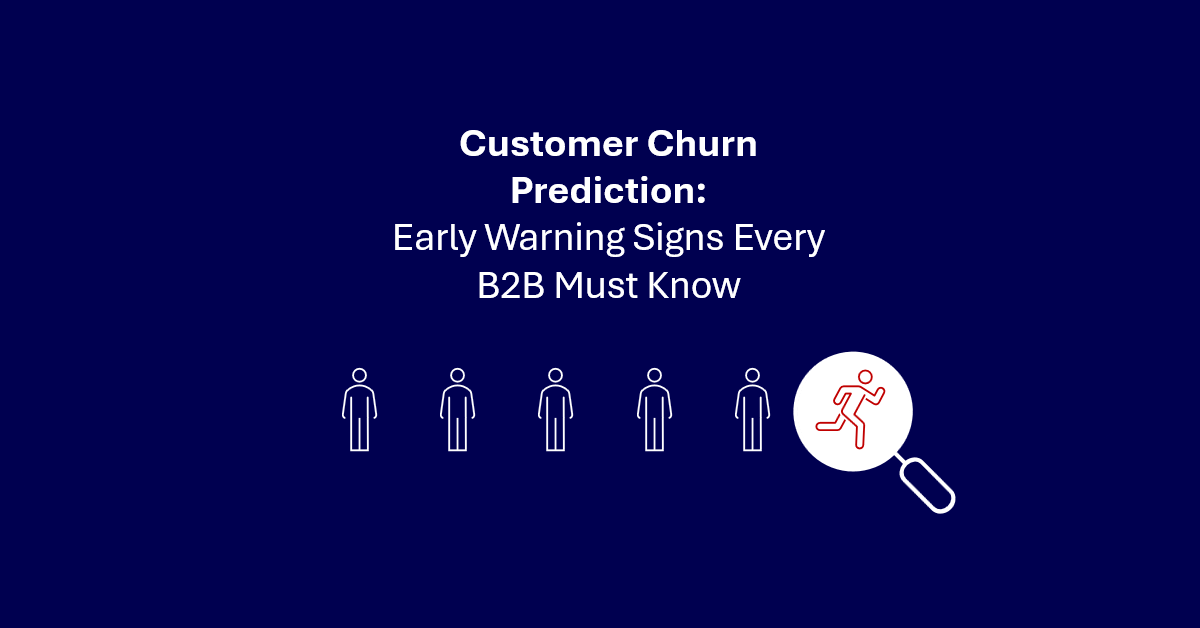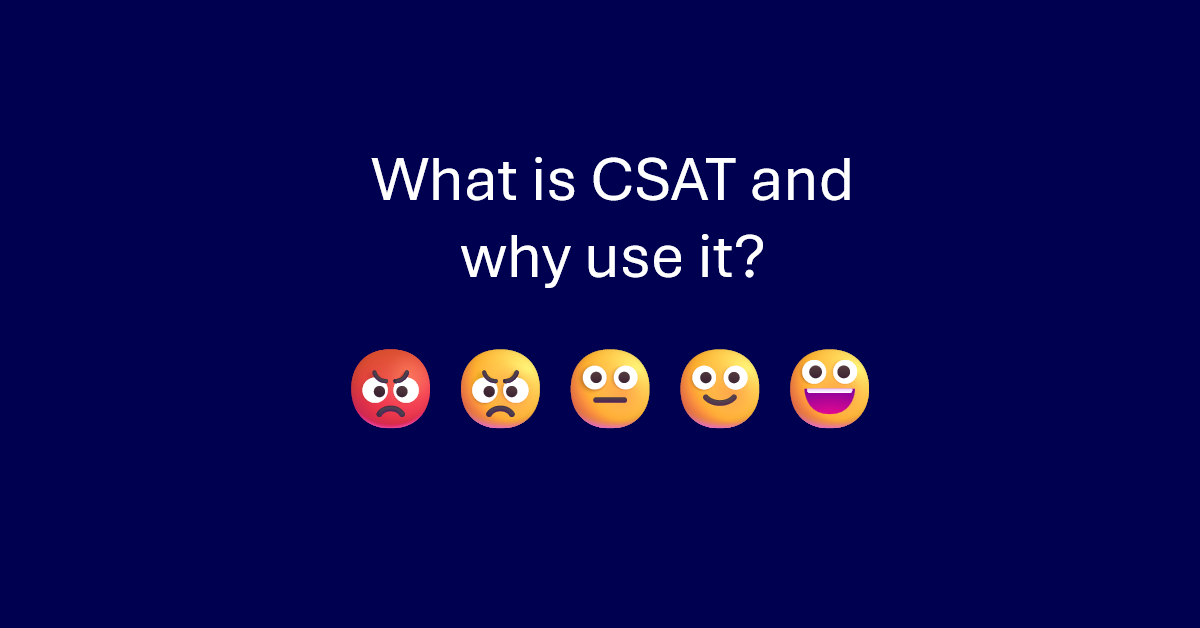
Why NPS Is a Secret Weapon for SMEs
Why NPS® Is a Secret Weapon for SMEs
In the ever-competitive world of small and medium-sized enterprises (SMEs), customer loyalty isn’t just helpful, it’s essential. With tighter budgets, fewer resources, and less brand recognition than their larger counterparts, SMEs must make every customer count. This is where the Net Promoter Score (NPS®) becomes a game-changing asset. An often underused but powerful tool that provides clear, actionable insights.
In this post, we’ll explore what NPS® is, why it matters for SMEs, how it differs from traditional customer satisfaction measures, and most importantly, how SMEs can use it as their secret weapon to drive growth, retention, and reputation.
What Is NPS®?
The Net Promoter Score is a simple yet powerful metric that measures customer loyalty and satisfaction based on one core question:
“On a scale from 0 to 10, how likely are you to recommend our product/service to a friend or colleague?”
Based on the responses, customers are grouped into three categories:
- Promoters (9–10): Loyal enthusiasts who will keep buying and refer others.
- Passives (7–8): Satisfied but unenthusiastic customers who are vulnerable to competitive offerings.
- Detractors (0–6): Unhappy customers who can damage your brand through negative word-of-mouth.
Your NPS® is calculated by subtracting the percentage of Detractors from the percentage of Promoters.
NPS® = % Promoters – % Detractors
Why Should SMEs Care About NPS®?
1) It’s Simple and ScalableUnlike complex surveys that demand time and technical resources, NPS® is:
- Easy to implement.
- Fast for customers to respond to.
- Scalable whether you’re a local consultancy, an online retailer, or a growing SaaS startup.
Small businesses often struggle with scattered priorities. NPS gives everyone, from front-line staff to leadership, a shared, customer-focused goal. It becomes a North Star for customer experience.
3) It’s Cost-Effective InsightCustomer research can be expensive. But NPS® can be collected:
- Through email, text, or website widgets.
- With low-cost tools like Microsoft Forms or Google Forms.
- At regular intervals via a partner, to improve insights and CX action plans.
You don’t need a full research team. Just the right question, asked consistently, and interpreted by someone who understands it fully.
4) It Predicts GrowthResearch from Bain & Company (who co-developed NPS®) shows that companies with higher NPS® scores grow faster than their competitors. For SMEs looking to scale, NPS® is an early warning system and a growth accelerator.
NPS® vs. Traditional Customer Satisfaction Metrics
While Customer Satisfaction (CSAT) scores or customer effort scores (CES) also matter, NPS stands apart in key ways:
|
Metric |
Focus |
Scale |
Predictive Power |
Strategic Use |
|
CSAT |
Specific interaction |
1–5 or 1–7 |
Short-term |
Tactical |
|
CES |
Ease of completing a task |
1–5 or 1–7 |
Short-term |
Operational |
|
NPS® |
Overall loyalty and referral intent |
0–10 |
Long-term |
Strategic |
NPS is about the customer’s relationship with your brand, not just a transaction.
How SMEs Can Use NPS® as a Secret Weapon
1) Close the Loop with DetractorsOne of the biggest advantages SMEs have over corporates is speed and agility. When you see a low score:
- Respond personally within 24–48 hours.
- Investigate the issue without defensiveness.
- Resolve the problem and re-engage the customer.
You can turn a critic into a promoter faster than a big firm ever could.
2) Leverage Promoters for GrowthDon’t just pat yourself on the back for a high score. Use your Promoters:
- Ask them for reviews or testimonials.
- Invite them into referral programs.
- Feature their stories in case studies or social proof.
Turn goodwill into growth.
3) Track Trends Over TimeA single NPS® snapshot isn’t unhelpful. But tracking it over time is powerful.
- Identify dips before churn increases.
- Spot wins that correlate with CX improvements.
- Segment results by product, location, or staff for deeper insights.
With trend analysis, SMEs can pivot fast and confidently.
4) Use Open Text Feedback for Gold DustNPS® isn’t just a number, it’s a conversation starter. The follow-up question:
“What’s the reason for your score?” ...offers rich, qualitative insight. SMEs can use this:
- To train staff.
- To improve service design.
- To fix blind spots in the customer journey.
Using AI or text analysis tools (e.g. ChatGPT, MonkeyLearn), you can even spot patterns and emerging themes in comments.
NPS Pitfalls to Avoid
While NPS® is powerful, it’s not magic. Common pitfalls include:
❌ Chasing the Score
NPS® is a tool, not a trophy. Don’t incentivise teams on the score alone. Focus on the feedback and implementation of any actions identified.
❌ Survey Fatigue
Keep it short and infrequent. Quarterly, bi-annual or annual surveys are enough for most SMEs.
❌ Not Acting on Feedback
Asking customers for feedback and doing nothing with it is worse than not asking at all. Close the loop. If you aren’t using your customers’ feedback to improve your business, you are missing a trick.
How to Get Started With NPS®
Here’s a simple roadmap for SMEs ready to deploy NPS®:
Step 1: Choose Your Tool
- Use something easy like Microsoft Forms / Google Forms
- Something robust like Qualtrics or SurveyHero
- Or an experienced partner like Kinvale
Step 2: Craft the Right Questions
- NPS question: “On a scale of 0–10, how likely are you to recommend us?”
- Open-text: “What’s the main reason for your score?”
Optional:
- “What could we do better?”
- “What do you love most?”
Step 3: Decide When to Send
Options:
- After a support interaction
- Post-purchase
- End of a project
- Quarterly or yearly
Step 4: Tag and Track Responses
Segment feedback by:
- Customer type
- Product or service line
- Region or team
Use simple tags (e.g., “pricing”, “service”, “speed”) to find patterns.
Step 5: Act and Communicate
- Respond personally to Detractors.
- Celebrate and thank Promoters.
- Share learnings internally and make this a feedback loop.
Let your customers see that feedback drives action.
Bonus: Turning NPS® Into Marketing Fuel
Your NPS® feedback can be a content goldmine:
- Turn Promoter comments into testimonials.
- Share NPS® scores in sales pitches.
- Use trends as proof of improvement.
Being transparent about your NPS® journey builds trust and attracts better-fit customers.
The Bottom Line: Small Business, Big Insight
NPS® isn’t just for global brands with big research budgets. In fact, it may be even more valuable for SMEs. It gives small businesses:
- A clear view of customer sentiment.
- A fast way to act on issues.
- A low-cost path to better retention, referrals and growth opportunities.
And best of all? It’s simple.
In a world of dashboards, KPIs, and analytics overload, NPS® gives you one metric that cuts through the noise, while letting your customers speak in their own words.
Let NPS be your secret weapon. Not just to measure satisfaction—but to create better experiences, build loyalty, and grow with purpose.
Ready to Unlock Your NPS® Advantage?
If you’re an SME leader ready to tap into customer insight, Kinvale can help.
From setting up simple feedback systems to analysing trends and crafting action plans, we help businesses turn NPS® from a number into a growth engine.
About Kinvale
At Kinvale, we help growing businesses understand the voice of their customers and their people. We use tools like NPS® and bespoke insights programs to help you turn sentiment into strategy, without the complexity or cost of enterprise-scale platforms. Ready to make better decisions, grounded in real feedback?
👉 Contact us for a free consultation.
NPS, Net Promoter, Net Promoter Score and related terms are registered trademarks of Satmetrix Systems, Inc., Bain & Company and Frederick Reichheld.


